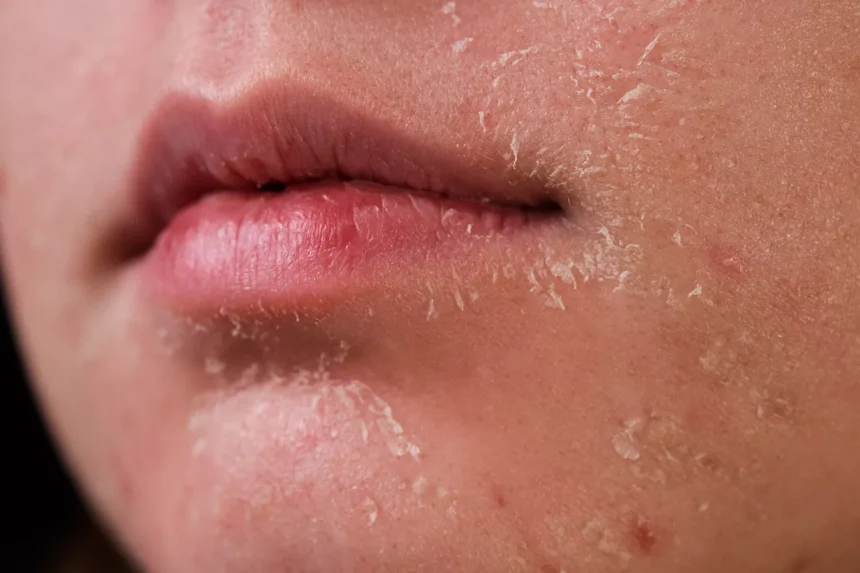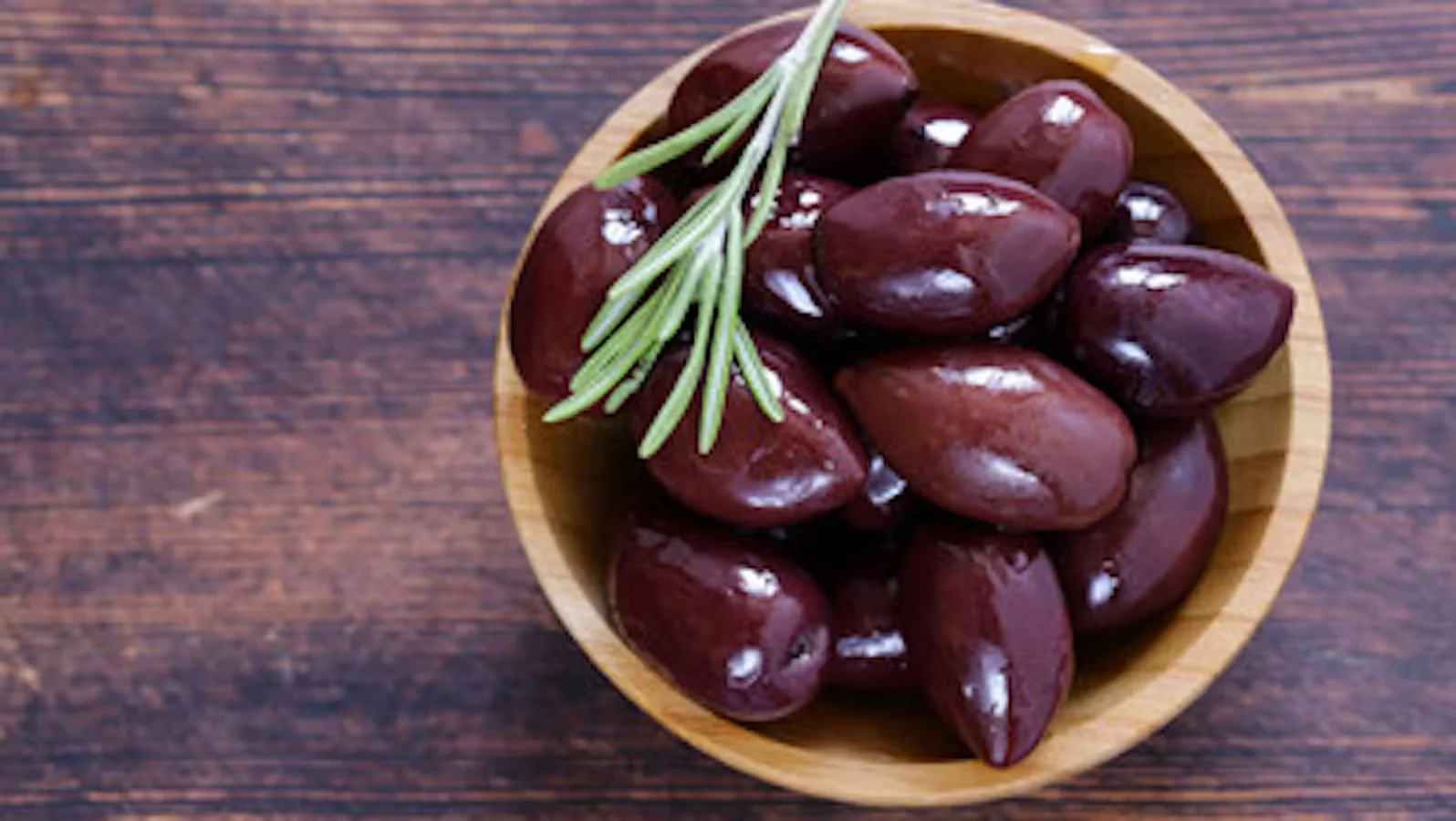Living in a low-humidity climate can make dry skin worse, especially during winter or in regions with cold wind, indoor heating, or high altitudes. Lack of moisture in the air pulls hydration from your skin, leading to tightness, flaking, itching, and irritation. With a holistic approach that combines skincare, nutrition, lifestyle changes, and environmental adjustments, you can restore moisture and keep your skin healthy year-round.
This guide explores causes, solutions, natural remedies, internal care, winter protection, and dermatologist-backed advice—perfect for anyone dealing with chronic dryness, adults, seniors, dermatology patients, and people with health-related skin issues.
Understanding why dry skin worsens in low-humidity climates
Dry skin becomes more severe in low-humidity environments because the air lacks moisture, causing water to evaporate quickly from the skin surface.
Can low humidity cause dry skin?
Yes. Low humidity is one of the most common environmental causes of dry skin. When humidity drops below 30%, the skin’s natural barrier weakens, leading to dehydration, irritation, redness, and flaking. People living in cold or desert climates often experience more dryness because the air absorbs moisture from the skin.
How humidity affects the skin barrier
- Accelerates transepidermal water loss
- Weakens the lipid barrier
- Reduces natural oil production
- Triggers micro-cracks and texture roughness
Other causes of dry skin all over the body
- Indoor heating
- Cold winter winds
- Frequent hot showers
- Harsh soaps or cleansers
- Aging and hormonal changes
- Health issues like thyroid imbalance or diabetes
- Climate shifts (traveling from humid to dry areas)
Common causes and deficiencies linked to severe dry skin
Sometimes dry skin goes beyond weather conditions and is worsened by internal deficiencies or health concerns.
What deficiency causes super dry skin?
Several nutrient deficiencies can lead to extremely dry or flaky skin, including:
- Omega-3 fatty acids: low levels reduce skin elasticity and hydration
- Vitamin D: essential for skin barrier repair
- Zinc: needed for healing and moisture regulation
- Vitamin E: supports antioxidant protection and hydration
- Magnesium: promotes healthy oil production
- Water deficiency (chronic dehydration)
If your skin is persistently dry, a deficiency test can help determine whether nutritional gaps are contributing to your skin concerns.
How to treat dry skin internally
- Include omega-3-rich foods (fish, walnuts, chia seeds)
- Drink 2–3 liters of water daily
- Take vitamin D3 supplements (if recommended by your doctor)
- Consume healthy fats like ghee, olive oil, and seeds
- Add zinc-rich foods (pumpkin seeds, eggs, chickpeas)
- Herbal teas like chamomile and nettle for hydration
Medical and lifestyle factors that worsen dryness
- Thyroid disorders
- Diabetes
- Psoriasis or eczema
- Smoking
- Aging (especially seniors)
- Excessive caffeine intake
If your dryness is linked to health concerns
Daily holistic skincare routine for dry skin in low-humidity weather
A consistent routine plays a major role in restoring moisture. Here’s a simple, effective daily regimen for all skin types.
Morning routine
- Cleanse gently with a hydrating, fragrance-free cleanser.
- Use hyaluronic acid or glycerin-based serums to attract moisture.
- Apply a nutrient-rich moisturizer containing ceramides or squalane.
- Use natural oils like almond oil or rosehip for added nourishment.
- Always finish with a mineral sunscreen, even in winter.
Night routine
Your nighttime routine should repair and deeply hydrate the skin.
Steps:
- Double cleanse (especially if you wear makeup).
- Apply a moisturizing toner or essence.
- Use heavier serums like hyaluronic acid or peptides.
- Apply an overnight hydrating mask.
- Seal with occlusive oils like jojoba or shea butter.
How to cure dry skin on face overnight
- Apply aloe vera gel as a base layer
- Use honey or squalane oil for deep hydration
- Wear a hydrating sheet mask
- Sleep using a humidifier
- Avoid hot showers before bed
Tips for sensitive groups
- Adults: focus on balanced hydration
- Seniors: use thicker creams to compensate for reduced oil production
- Dermatology patients: avoid fragrances and alcohol-based products
- Parents: follow gentle routines for children with delicate skin
Natural and home remedies that work in low humidity
Natural ingredients often work better than harsh chemical products—especially in dry climates.
What is the best natural remedy for dry skin?
Some of the most effective holistic remedies include:
- Aloe vera gel: calms irritation and hydrates
- Honey: humectant and antibacterial
- Coconut oil: locks in moisture
- Shea butter: excellent for severe dryness
- Oatmeal paste: soothes itching and flaking
How to treat dry skin in winter at home
- Take warm (not hot) showers to prevent skin barrier damage
- Add a few drops of coconut or almond oil to bath water
- Apply DIY masks using yogurt, aloe vera, and honey
- Use humidifiers to increase indoor moisture
- Wear breathable fabrics to avoid irritation
Protection techniques for cold and windy climates
Harsh winds and cold temperatures can crack your skin barrier. Proper protection reduces moisture loss.
How to protect face from cold and wind
- Wear scarves or face covers in winter
- Use rich barrier creams before stepping outside
- Apply petroleum jelly on lips and nose area
- Avoid long exposure to cold winds
- Use sunscreen even on cloudy winter days
Preventive habits for combating dry skin naturally
Prevention is always better than treatment. Small daily changes can help your skin stay hydrated.
How to prevent dry skin in winter naturally
- Drink herbal teas like chamomile, tulsi, and nettle
- Moisturize within 60 seconds after bathing
- Avoid alcohol-based skincare or toners
- Replace bar soaps with gentle cleansers
- Eat water-rich fruits (oranges, berries, cucumbers)
- Use silk pillowcases to reduce friction
Special climate-based care tips
Your skin reacts differently in humid weather, so adjusting your routine is important.
How to take care of dry skin in humid weather
- Use lightweight moisturizers to avoid clogged pores
- Avoid thick oils, especially during summer
- Opt for gel-based hydrating products
- Stay hydrated throughout the day
- Use gentle exfoliation once weekly
Transitioning between climates
Traveling from humid to dry weather can cause a sudden skin moisture drop.
Tips:
- Start hydrating 3–5 days before travel
- Carry a hydrating face mist
- Use thicker night creams
- Avoid long, hot showers when you arrive
Internal nutrition for long-term dry skin relief
Healthy skin starts from within. Your diet plays a major role in moisture retention.
How to treat dry skin internally
- Consume foods rich in omega-3 and omega-6
- Drink at least 8–10 glasses of water daily
- Add foods like avocados, nuts, seeds, and eggs
- Eat leafy greens for vitamins A and E
- Avoid excessive caffeine or alcohol
- Use bone broth or vegetable soups for deep hydration
When to see a dermatologist
Seek professional help if dryness becomes difficult to manage.
You may need a dermatologist if:
- Your skin cracks and bleeds
- You experience severe itching
- Dryness persists despite moisturizers
- You suspect a health-related cause
- There is redness, inflammation, or burning
A dermatologist can suggest treatments like ceramide creams, prescription ointments, or hydration therapies.
FAQ
Can low humidity cause dry skin?
Low humidity reduces natural moisture in the air, causing dehydration and making the skin feel tight and itchy.
What deficiency causes super dry skin?
Common deficiencies include vitamin D, omega-3 fatty acids, vitamin E, zinc, and magnesium.
How do I stop my skin from flaking in winter?
Proper moisturizing, avoiding hot showers, using humidifiers, and applying overnight masks can help.
How can I hydrate my skin naturally?
Use aloe vera, honey, coconut oil, shea butter, and include hydration-rich foods in your diet.
Is Vaseline good for dry skin?
Yes, it acts as an occlusive and locks in moisture but should be applied over a hydrating cream.
How long does it take to repair damaged dry skin?
Most people see improvements within 7–14 days with proper care.
What is the best way to care for dry skin in winter?
Use thick moisturizers, protect your skin from cold wind, drink plenty of water, and avoid harsh cleansers.




